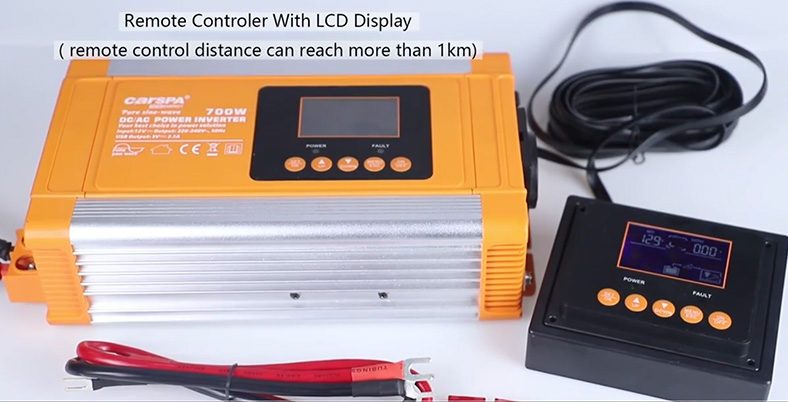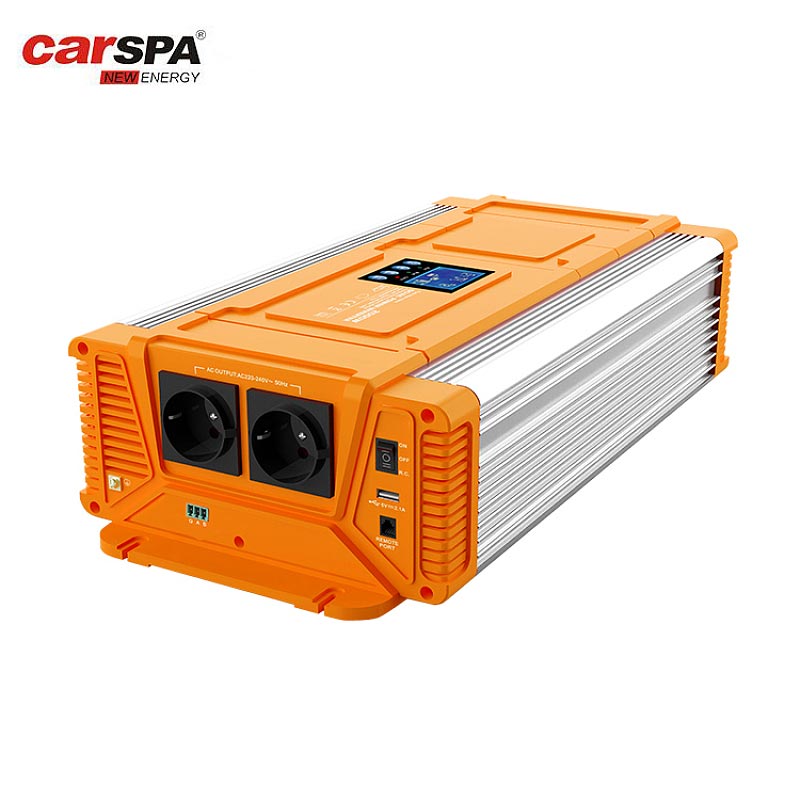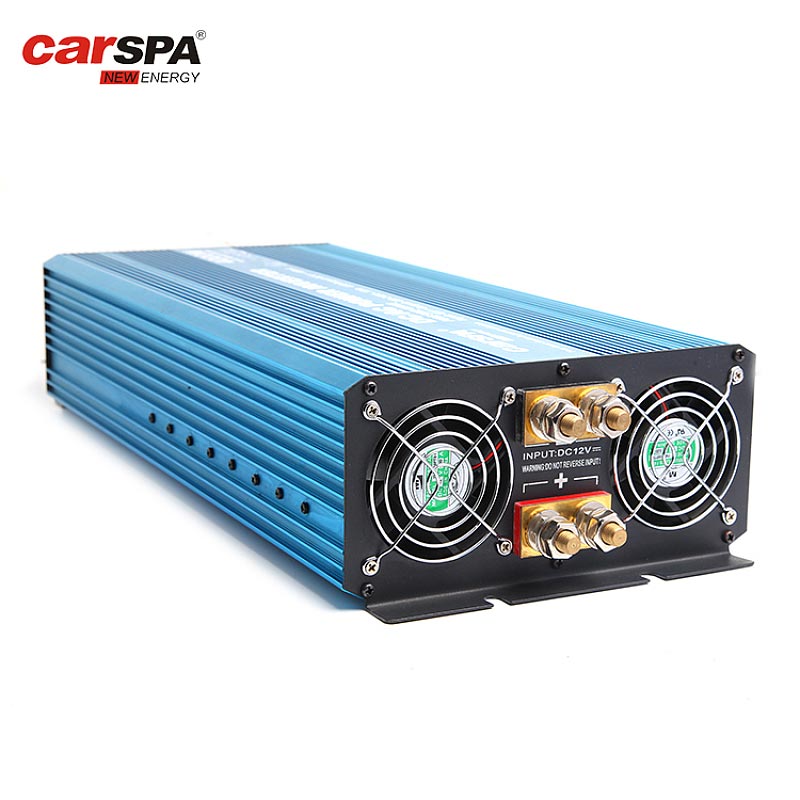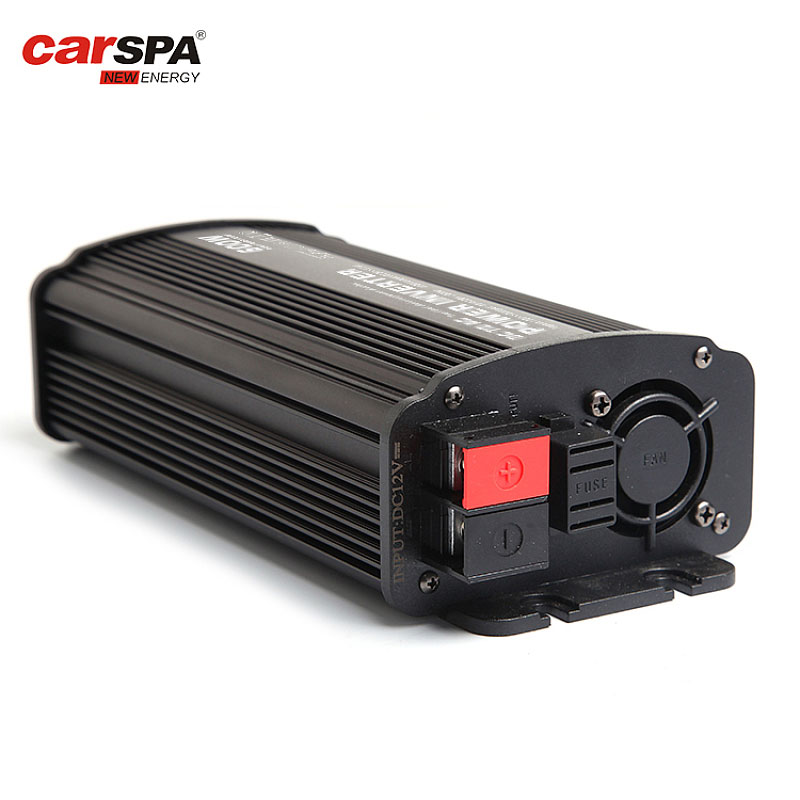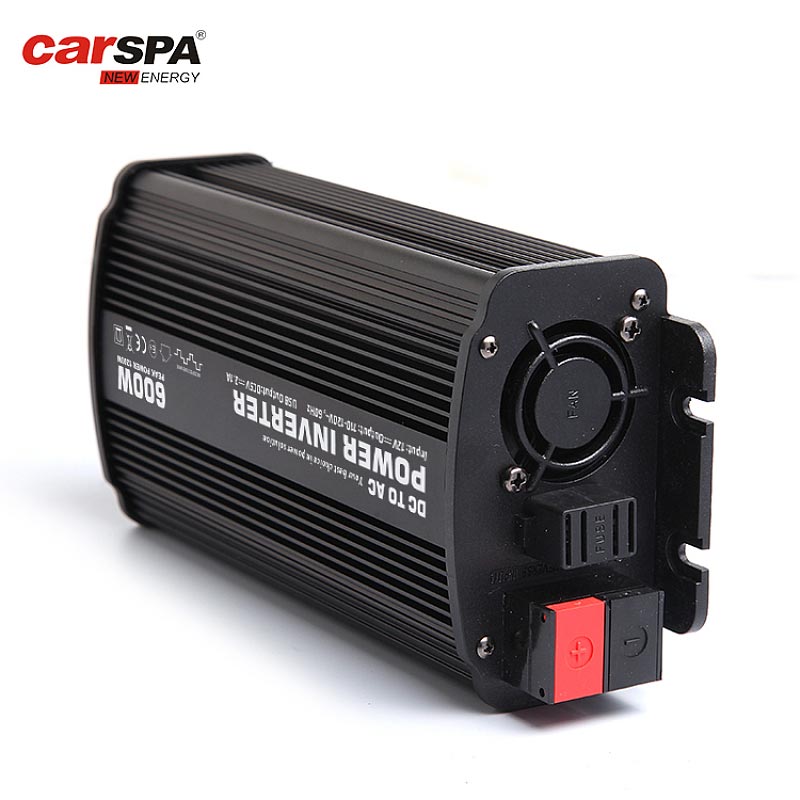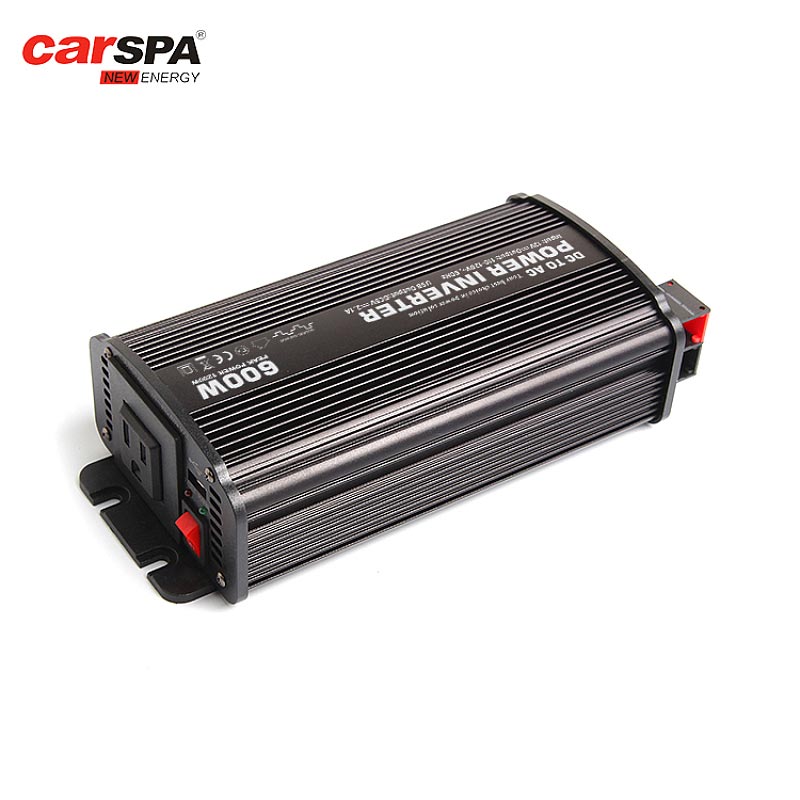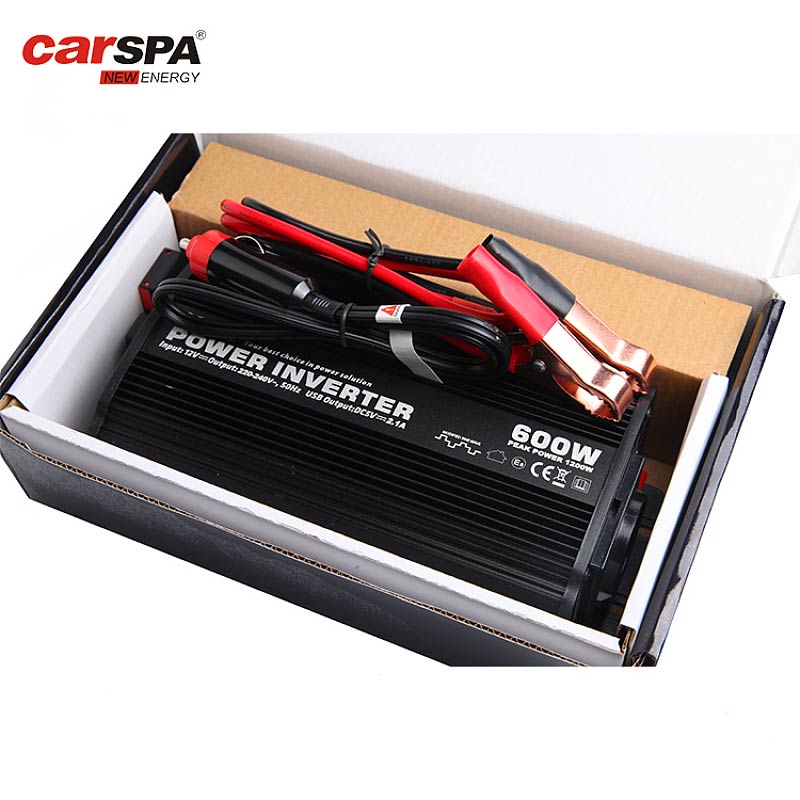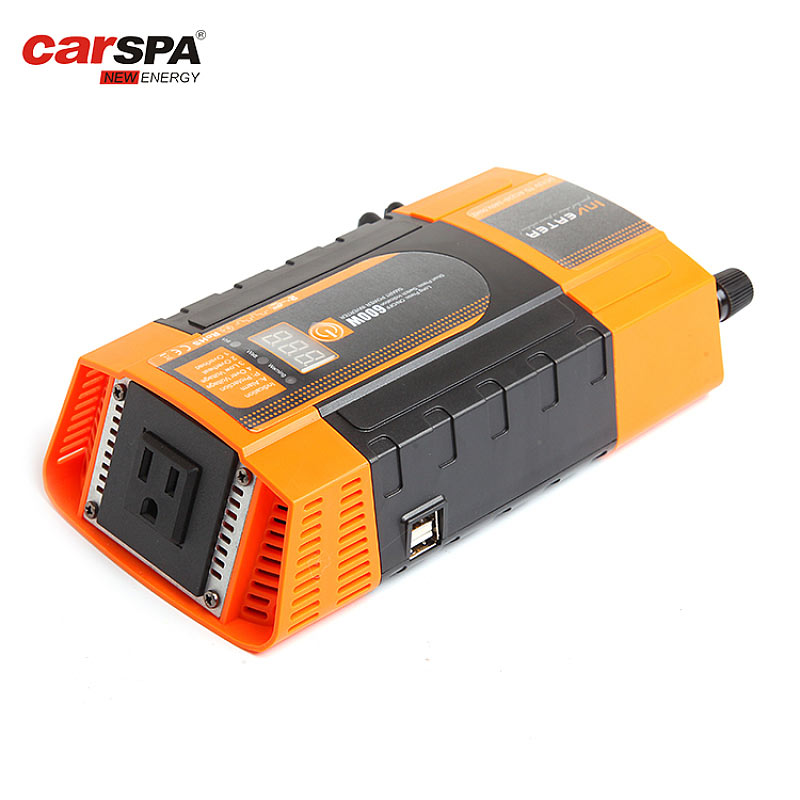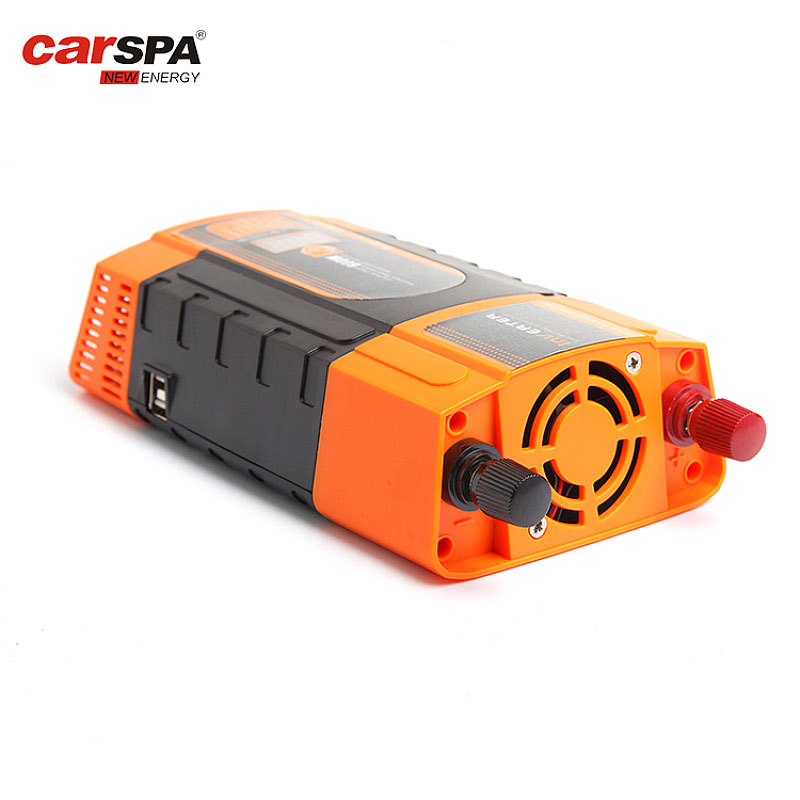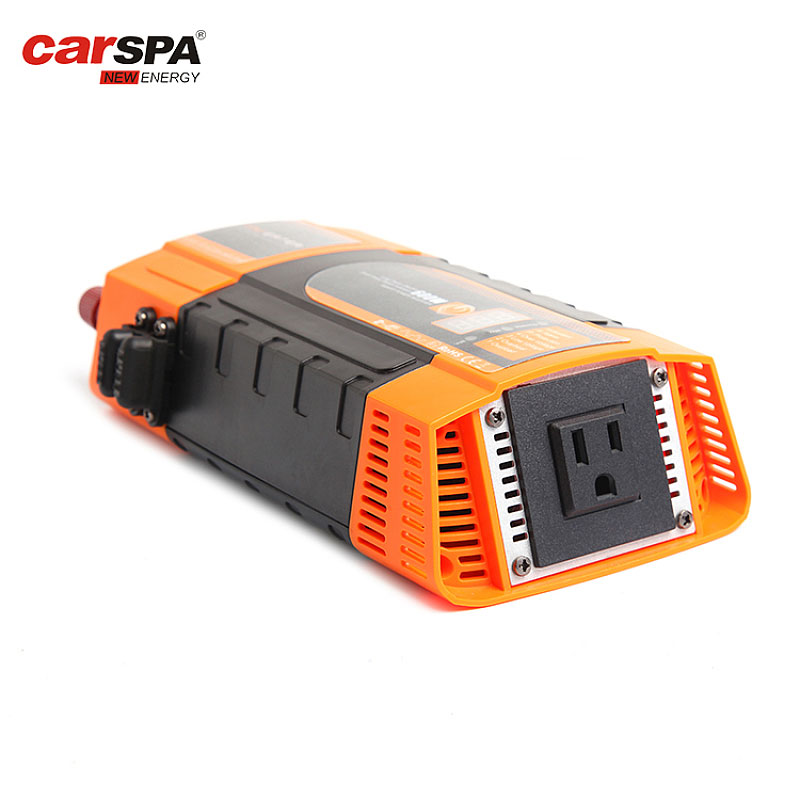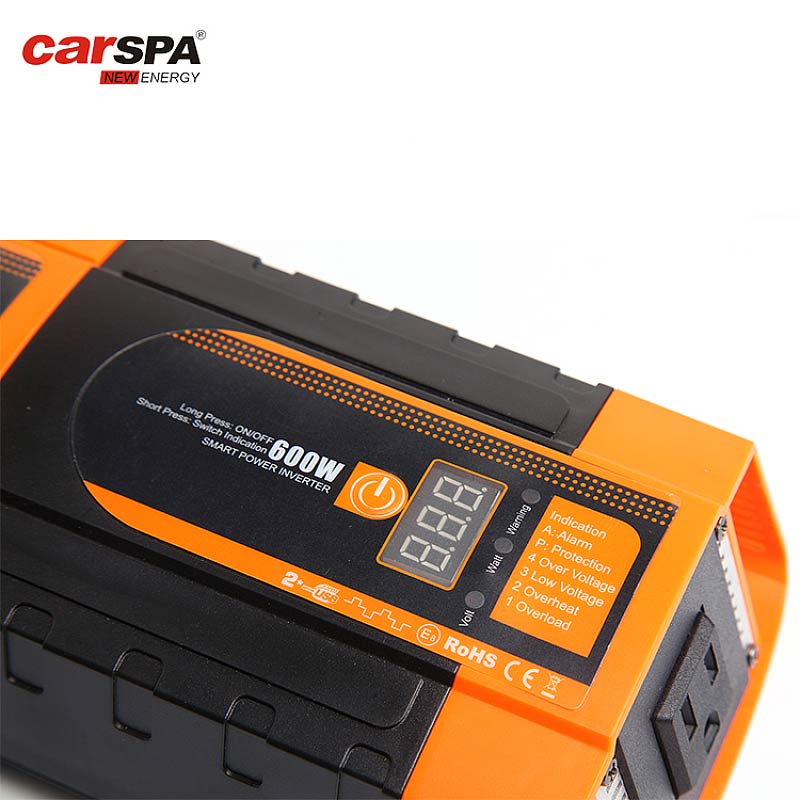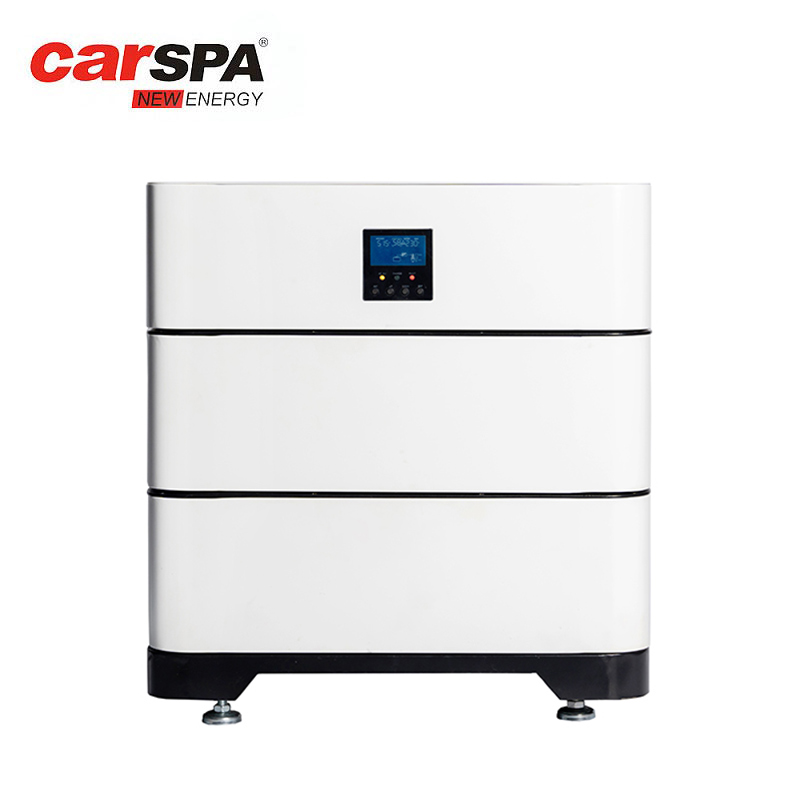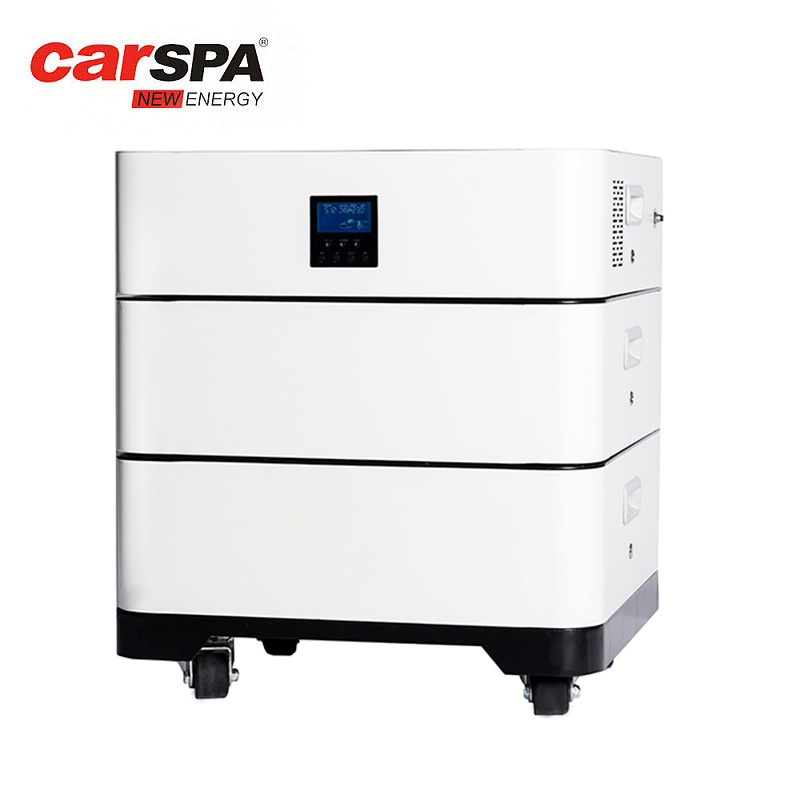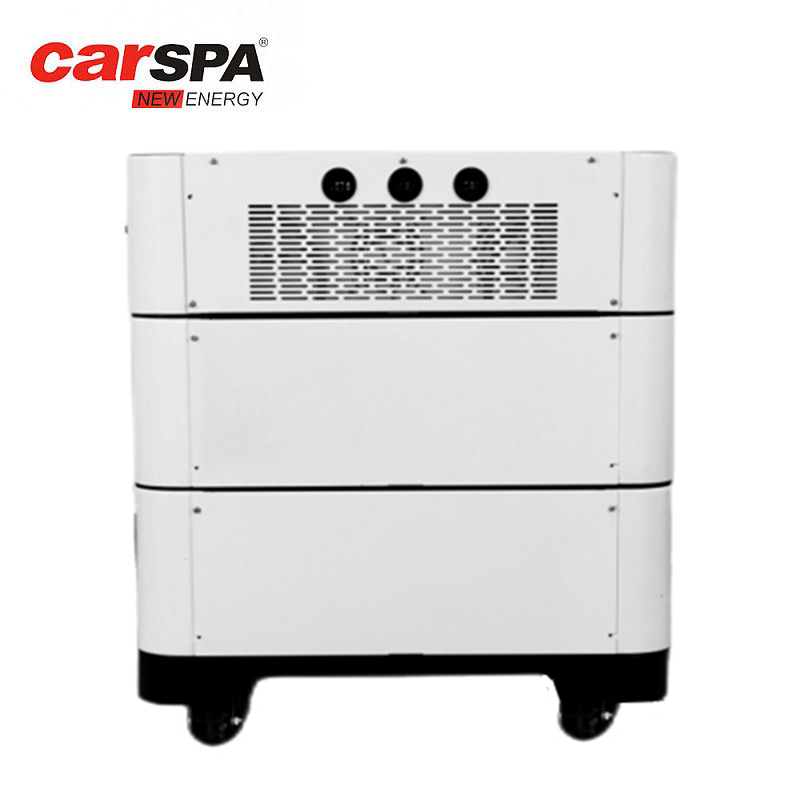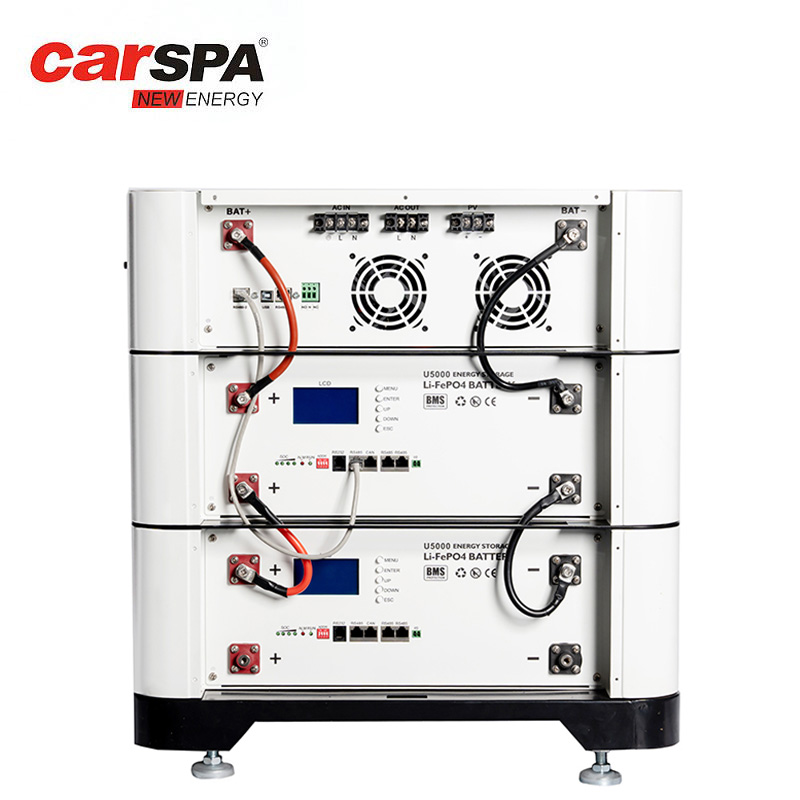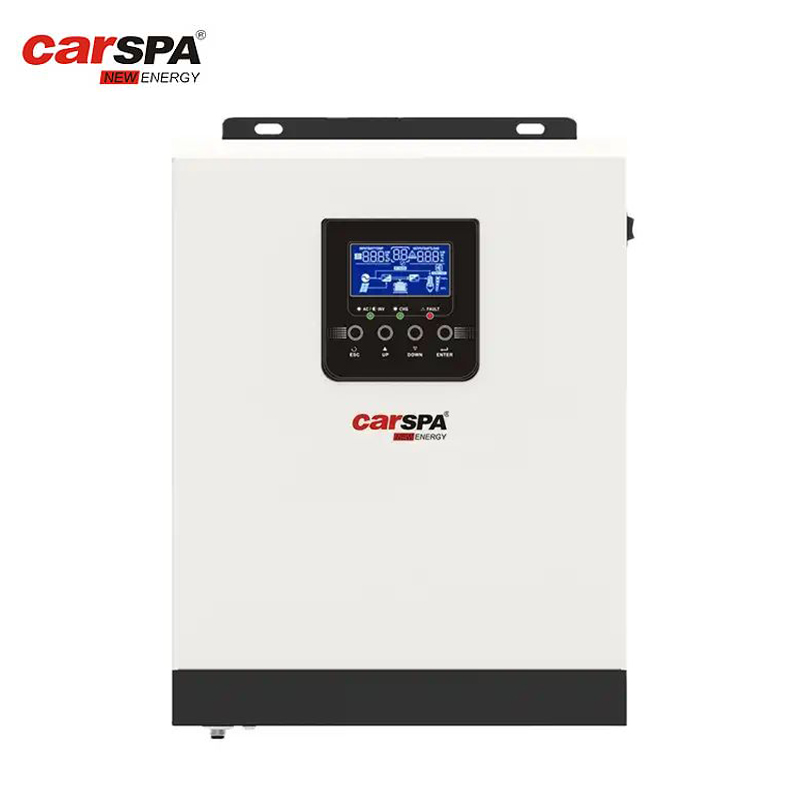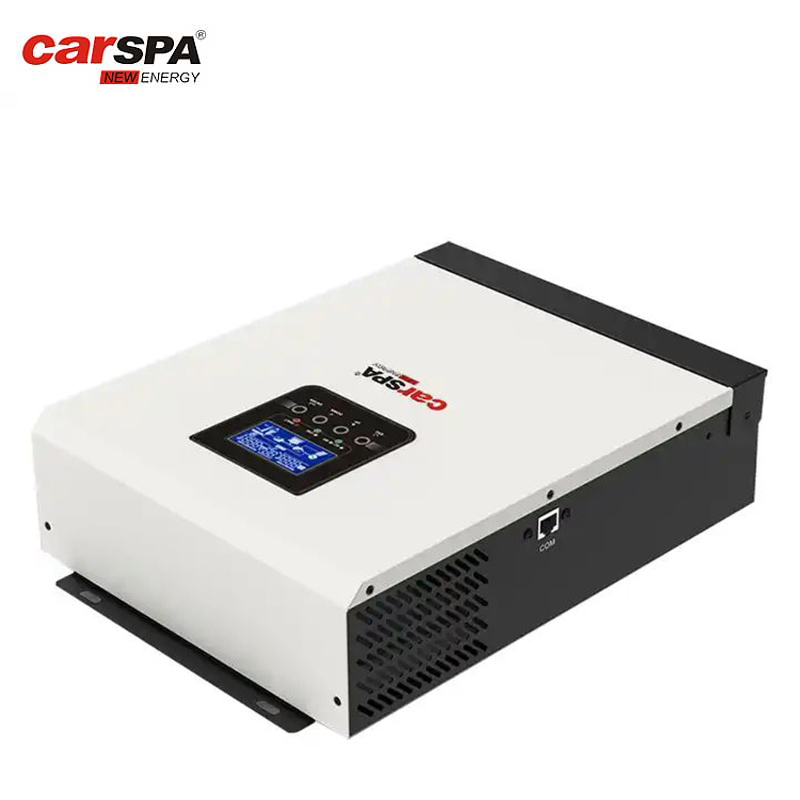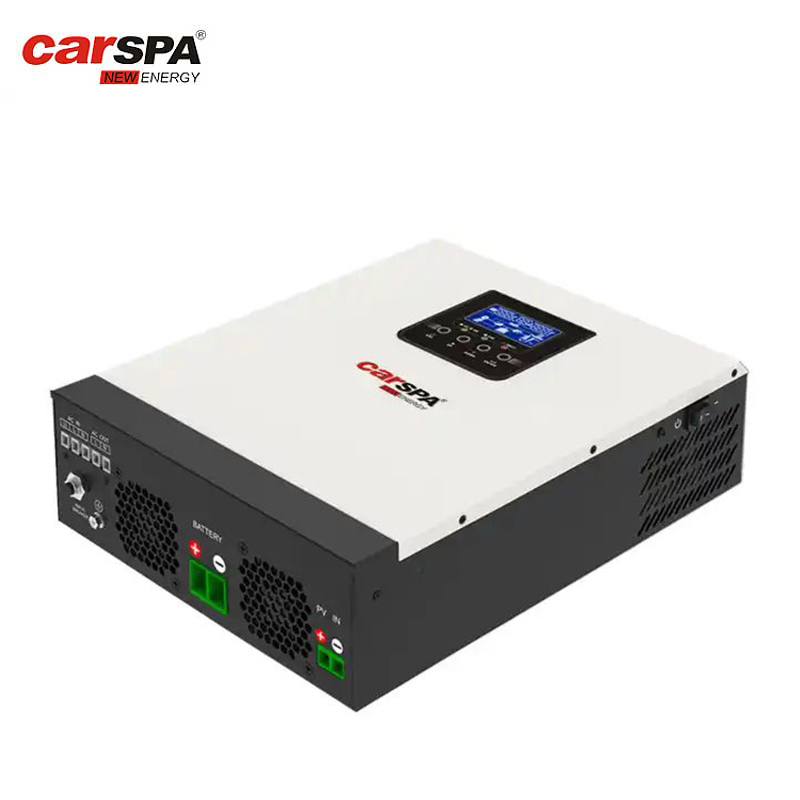How to Store Energy in Your House: Harnessing Power for the Future
As the world becomes more conscious of the need for sustainable energy solutions, individuals are exploring ways to generate and store their own power. Energy storage is a crucial component of this endeavor, allowing homeowners to optimize their energy usage, reduce reliance on the grid, and contribute to a cleaner environment. In this article, we will delve into the question: "How do you store energy in your house?" by exploring different methods and technologies available for residential energy storage.
Battery Energy Storage Systems (BESS):
Battery energy storage systems are one of the most popular and accessible options for storing energy in residential settings. These systems consist of rechargeable batteries that store excess energy generated by renewable sources such as solar panels or wind turbines. The stored energy can then be used during periods of high electricity demand or when the renewable sources are not producing sufficient power. Lithium-ion batteries, in particular, have gained popularity due to their high energy density, longer lifespan, and declining costs.
Pumped Hydroelectric Storage:
Pumped hydroelectric storage is a well-established technology for large-scale energy storage but can also be utilized in residential settings with suitable conditions. It involves the use of two water reservoirs at different elevations. During times of excess energy, electricity is used to pump water from the lower reservoir to the higher reservoir. When additional power is needed, the water is released, flowing down through turbines to generate electricity. While this method requires specific geographical features like hills or mountains, it can provide efficient and long-duration energy storage.
Thermal Energy Storage:
Thermal energy storage systems store energy in the form of heat or cold for later use. They are particularly useful for residential applications such as heating, ventilation, and air conditioning (HVAC) systems. One common method is utilizing phase change materials (PCMs), which absorb and release heat as they change between solid and liquid states. By storing excess thermal energy during off-peak hours, homeowners can reduce their reliance on grid-based heating and cooling, optimizing energy usage and reducing costs.
Flywheel Energy Storage:
Flywheel energy storage systems store energy in the form of rotational kinetic energy. They consist of a rotating flywheel that spins at high speeds, storing energy as it accelerates. When electricity is needed, the flywheel's momentum is converted back into electrical energy. Flywheel systems offer advantages such as fast response times, high efficiency, and long lifespans. Although less common in residential settings due to their higher costs, they can be suitable for specific applications where rapid energy discharge and recharge are required.
Conclusion:
Storing energy in your house is no longer a distant dream but a practical reality. As renewable energy sources become more prevalent, finding efficient and reliable ways to store the generated power becomes paramount. Battery energy storage systems, pumped hydroelectric storage, thermal energy storage, and flywheel systems are just a few of the options available to homeowners seeking to optimize their energy usage and reduce their carbon footprint. The choice of storage technology depends on various factors, including energy needs, budget, and geographical constraints. By embracing energy storage solutions, individuals can take a step towards energy independence, cost savings, and a sustainable future.


